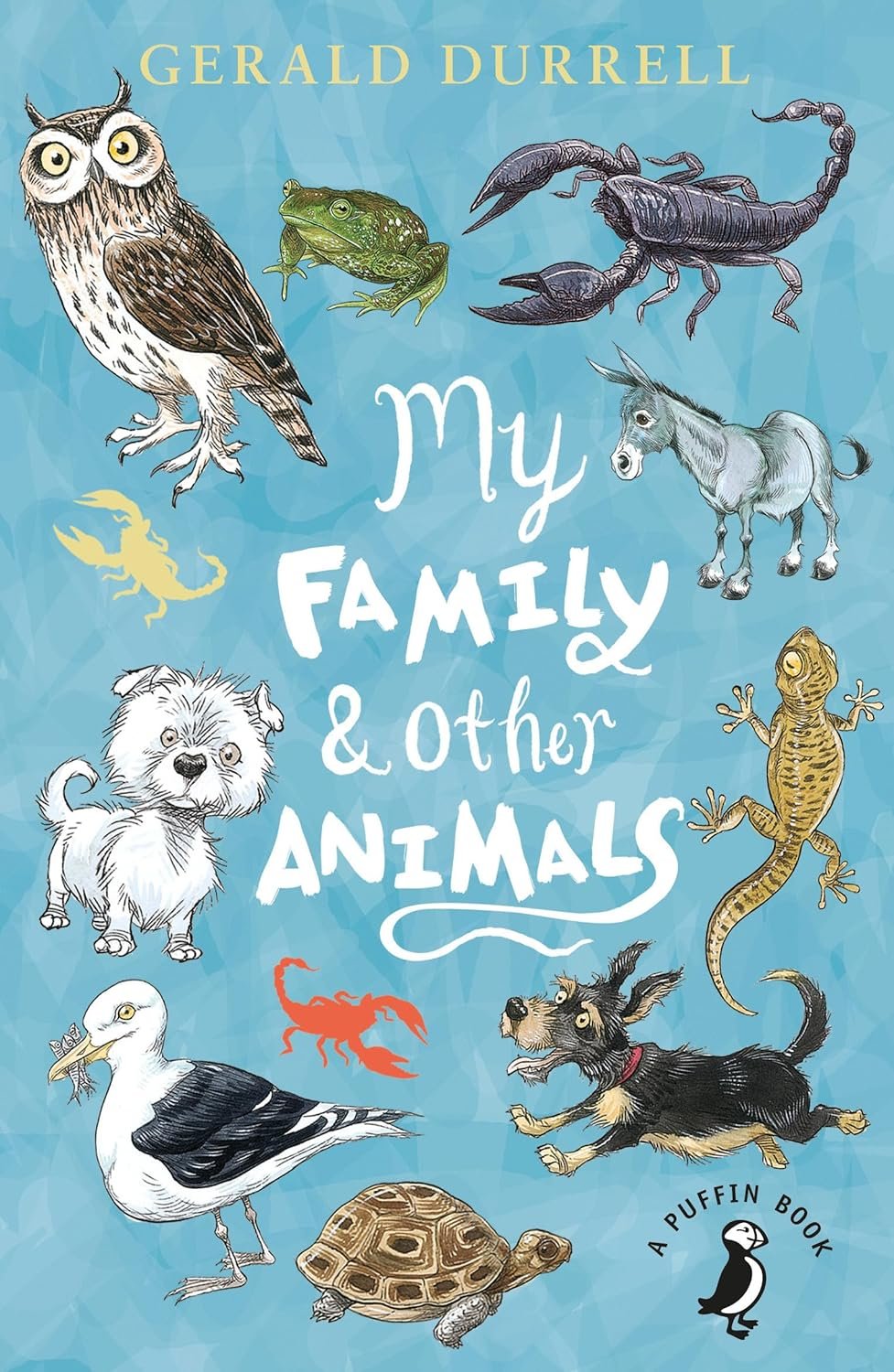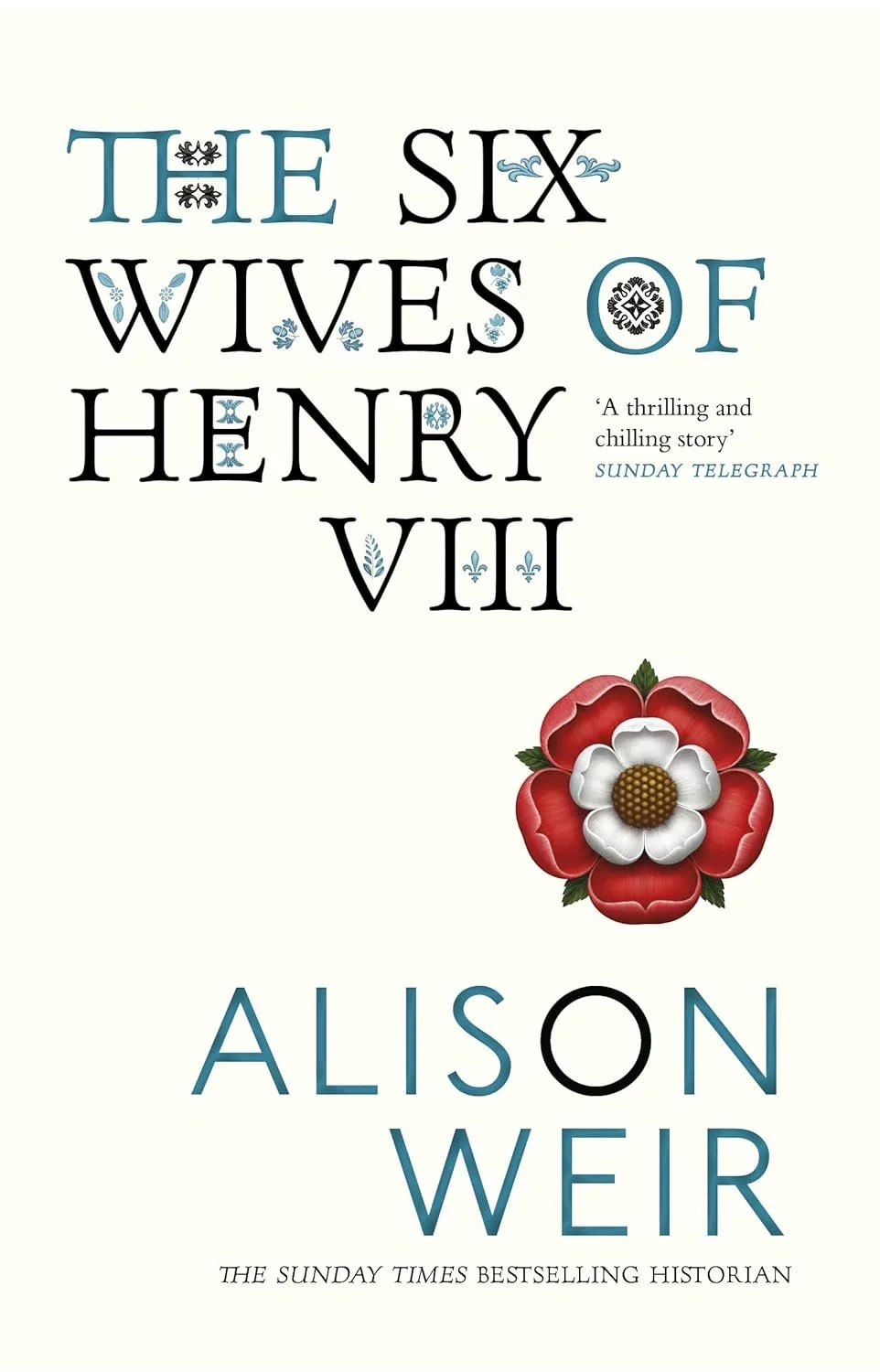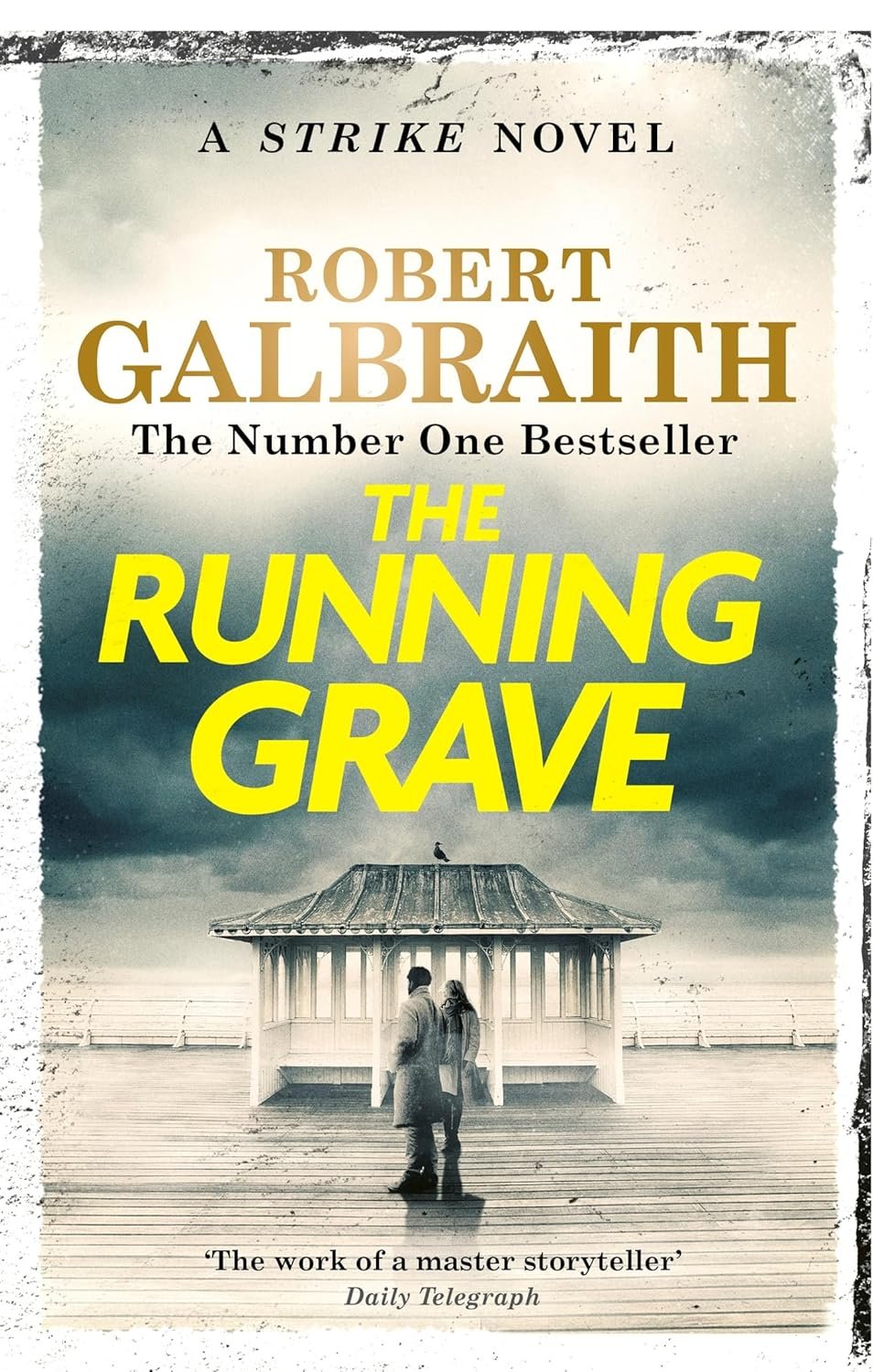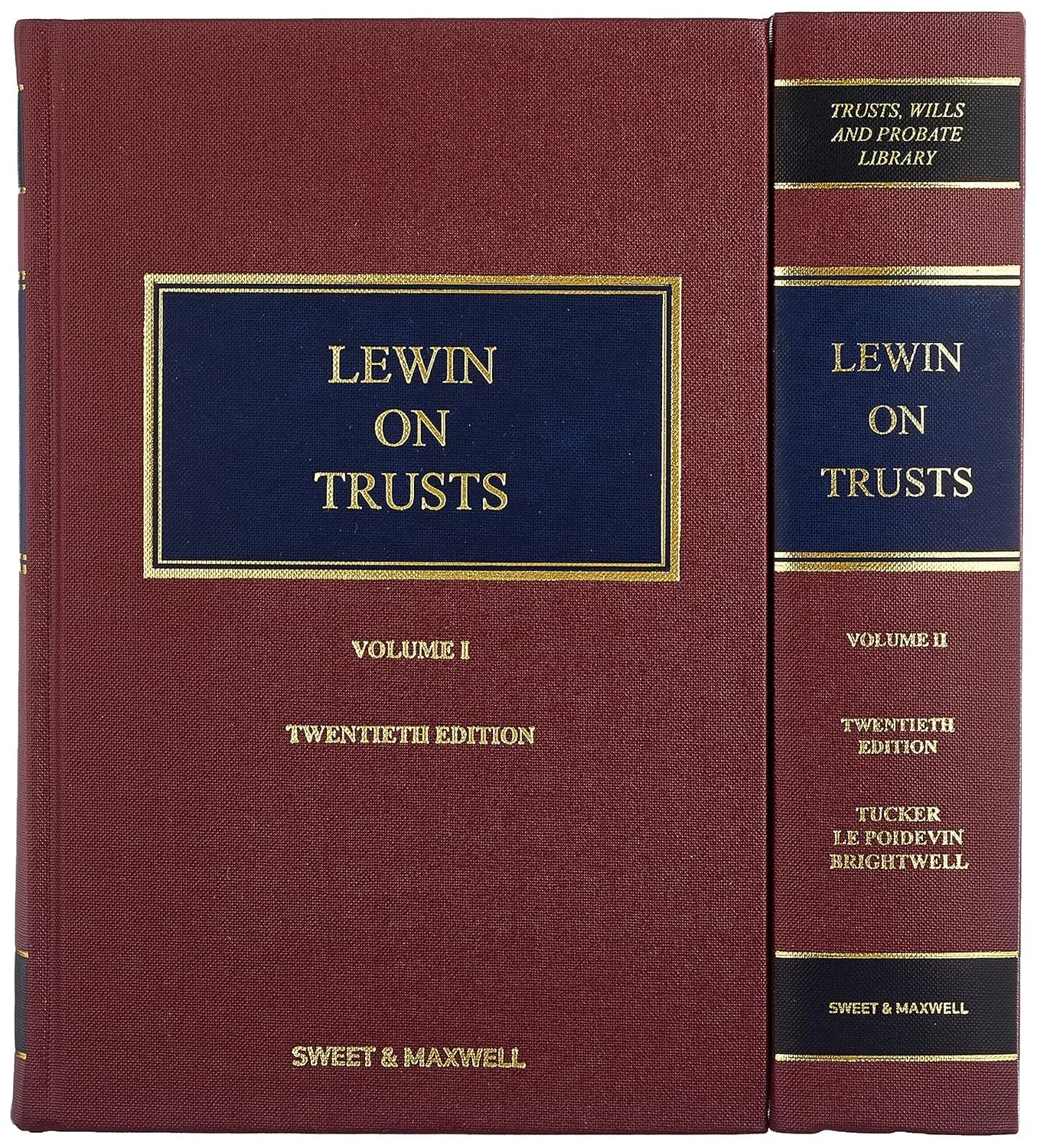Simon Davies recommends
Simon is a Partner at Ogier (Guernsey). Simon specialises in contentious trusts, commercial litigation, insolvency, administration, receivership, fraud and asset tracing, shareholder disputes, breaches of fiduciary duty, professional negligence, mediation and all types of insurance and reinsurance related disputes.
In 2023, Simon was sworn in as a Lieutenant Bailiff of the Royal Court of Guernsey. Simon is a member of the Royal Court Civil Procedure Rules Review Committee.
Read on to find out which six books Simon recommends, and why…
I was delighted to have been invited to contribute to MTG Recommends. But I did have to make a confession. As I read an enormous amount of material constantly for professional reasons, I rarely have time to read for my own pleasure. I have found the exercise of writing this piece to be extremely enjoyable and regret not having read more for myself for the last many years.
Rupert Ticehurst was kind enough to recommend to me C.J. Sansom’s Shardlake series of books (he has, quite rightly, recommended them in his own MTG Recommends review). As a result, I am delighted to report that in the last 2-weeks I have completed reading the first two (Dissolution (2003) and Dark Fire (2004)) and am getting through the third – Sovereign (2006) - very quickly. Thank you, Rupert – I am thoroughly enjoying the escape that reading for pleasure provides.
My Family and Other Animals
Gerald Durrell
This is the favourite book from my childhood (only Roald Dahl’s Danny Champion of the World is in the same league for me). It inspired me to read every night as a child.
It’s the first and the best of Durrell’s Corfu Trilogy (the other books being Birds, Beasts and Relatives (1969) and The Garden of the Gods (1978)). It’s an inspiring tale of the adventure of the youngest child, his three siblings and Louisa (his extraordinary mother) moving from Bournemouth to Corfu and residing there from 1935-1939. It’s not an autobiography and I suspect that much is fictionalised or at least dramatized but it is a compelling tale of a 10-year old’s thirst for knowledge and his love of all animals great and small. And of the devotion of his elder brother, Leslie, to firearms.
As a Guernsey resident, I should make clear that the fact that Gerald Durrell went on to found the Durrell Wildlife Conservation Trust in Jersey only improves his literary contribution to me!
The Six Wives of Henry VIII
Alison Weir
At almost 800 pages, the book is a very substantial read and contains a treasure trove of fascinating information and insight into the incredible lives of six of the most well-known Queens of England. It is in my view definitely worth the effort and will reward a persevering reader handsomely. I have managed to get through it multiple times, retaining more of it on each occasion.
Churchill’s Ministry of Ungentlemanly Warfare
Giles Milton
First published in 2016 following the release of a tranche of Winston Churchill’s WW2 papers. Milton’s fast-paced story of how six men (aided by a number of extraordinary women and a much larger number of incredibly brave soldiers) audaciously, repeatedly and (mostly) successfully engaged in a secret campaign of guerrilla warfare against vital Nazi strategic installations makes for terrific reading (if you like that sort of thing). The 2024 Guy Ritchie movie (the title of which omits “Churchill’s”) is very watchable but much less satisfying than Milton’s book (IMHO).
Les Miserables
Victor Hugo
All 1500 pages of it were first published in Belgium in 1862. I first read this at school well before the first notes of music were played in 1985. You all know the story (or at least the bits told in the fantastic musical, the Hollywood movie and the recent Dominic West TV series) so I won’t say anything more about that.
I was personally delighted when I learned that most of the book was written whilst Victor Hugo was in exile in my home island of Guernsey (the exiles lasted from 1855 until 1870 and then again from 1872-1873). Les Miserables was clearly a labour of love: the first pages were written (I think) in Paris in 1845 but the last were penned in Belgium (in a field overlooking the battlefield at Waterloo, apparently) in 1862. But the majority were written just down the road from where I am typing these words some 162 years after it was first published.
The Running Grave
Robert Galbraith
We all know that Robert Galbraith is the pen-name of the fabulous J. K. Rowling. I could very easily have just listed all of the Harry Potter books in this piece. My son (at the age of less than 1) gifted me the first three books for Christmas 2001. I think my wife may have helped but since then I have been enchanted with the prose of JKR.
This is the sixth of the Cormoran Strike and Robin Ellacot’s detective agency “adventures”. I could have suggested any of the other books in the series as well but I do think this latest book is the most compelling (and terrifying) of the books so far.
It’s terrifying because Robin goes undercover into a dangerous cult who starve and abuse their members. The writing is compelling and tells a tale that some pigs are more equal than others. Much more. And I won’t even begin to tell you how the Strike/Ellacott relationship is left at the very end of the book. If you’ve read the other books, it’s worth reading for that alone.
Lewin on Trusts
I read some paragraphs of this really helpful text every day as a contentious trusts lawyer. Sometimes I read them out loud in court in Guernsey as persuasive in my jurisdiction.
I haven’t worked out who the heroes and the villans are (or indeed what the plot is) but perhaps before I retire I might?







